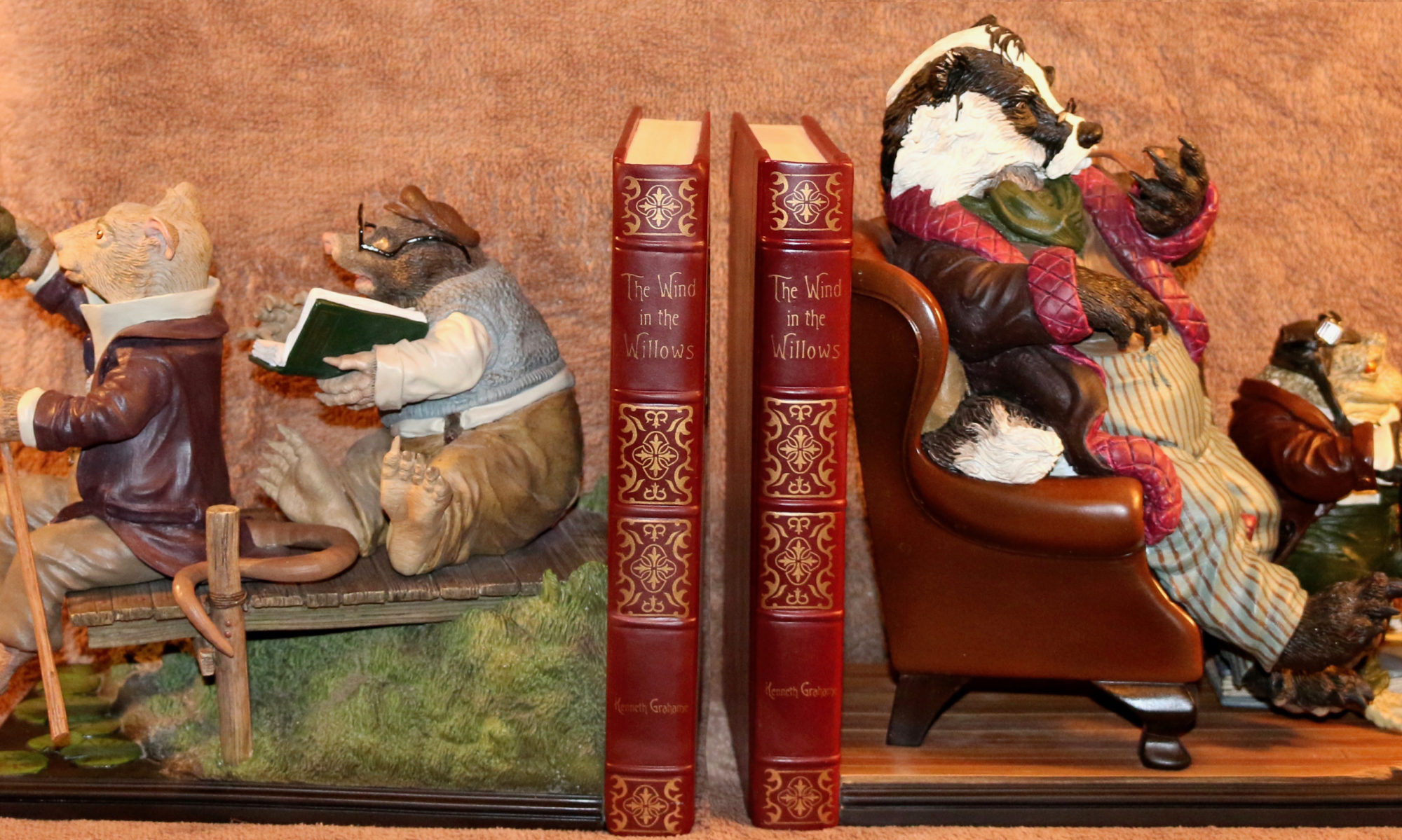Before the coronavirus and protests of racism took over the news cycle, another story kept occurring in the past few years involving controversial guest speakers at universities. With many students leaning left, conservative speakers in recent years have been the primary targets of these protests, at least in the higher-profile incidents.
At the University of Maryland in the mid 1990s, the Black Student Union invited several speakers who had for years peddled conspiracy theories about Jews. These speakers, of course, set off tensions between the BSU and Jewish student groups.
The speakers included Steve Cokely, who had taught that Jewish doctors were using the AIDS virus against Africans. Another invited speaker, Abdul Alim Muhammad, national spokesman and Minister of Health for the Nation of Islam, peddled similar theories. Kwame Ture (aka Stokely Carmichael), was a speaker, even though he once said, “I have never admired a white man, but the greatest of them, to my mind, was Hitler.” Activist H. Rap Brown also spoke, a short five years before he was charged and later convicted of murdering sheriffs deputy Ricky Kinchen.
The Black Student Union vice president Elmus Mosby said the speakers were picked based on educational enlightenment, according to an April 20, 1995 Diamondback article.
Other campus speakers in previous years included Dr. Leonard Jeffries, who claimed that Jews financed the Atlantic slave trade, and Bradley R. Smith, a Holocaust revisionist.
“I don’t know why [Jews] get upset and claim we only bring in anti-Zionist or anti-Semitic speakers,” Mosby told The Diamondback. “This is not our purpose. These speakers enlighten the black community, and if they had views that were offensive to Jews, it was in the past. It’s not our views.”
The most notable backlash came when The Mitzpeh, an independently-financed Jewish publication at the university, printed an editorial cartoon depicting a black woman (presumably BSU president Sheila Strain) at a BSU event introducing Adolf Hitler as the guest speaker. Mitzpeh editor-in-chief Dana Steinberg said the cartoon was printed to “help dialogue” between black and Jewish communities.
“I believe there is truth in it,” Steinberg told the Diamondback. “There has been a trend of anti-Semitic speakers and if they don’t stop things, it will not get better.”
While many Jewish students felt the cartoons represented students feelings about BSU guest speakers, Rabbi Seth Mandell of the Maryland Hillel criticized the Mitzpeh’s cartoon even while opposing the BSU speakers.
“They’re not racist. They know too much on how racism feels to perpetuate it, but the fact that they keep bringing in speakers like these is troubling,” he told the Diamondback.
“The Mitzpeh has been destroying the relationship between these two communities for a long time,” Mosby said, and reportedly suggested burning copies of the Mitzpeh in front of the student union as a visual protest.
Mitzpeh editor Laurie Solomon wrote an editorial for the Diamondback highlighting the hypocrisy of the BSU for chastising the Mitzpeh while inviting those speakers. “My student activities fees are paying for lunatics to stand up and convince black students that I, as a Jew, am a racist seeking to oppress your free speech.”
There was a bit of hope, however, as a meeting between the BSU, including president Sheila Strain, and the Jewish Community Board, was a good one. They decided that copies of the Mitzpeh would not be burned.
Abdul Alim Muhammad ended up canceling his speaking engagement. Then the semester ended.
